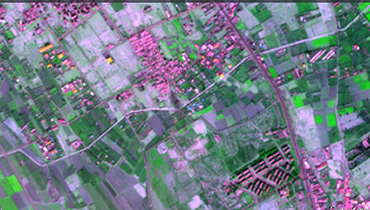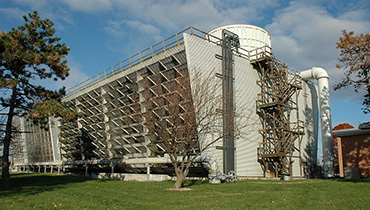2021- APROVECHAMIENTO DEL CONTENIDO WEB 2.0 PARA LA INNOVACIÓN DE PRODUCTOS TURÍSTICOS SOSTENIBLES COMO APORTE AL MEJORAMIENTO DE LA INTERMEDIACIÓN TURÍSTICA
| Doctorando: |
Juan Pablo Vázquez Loaiza |
| Nacionalidad: | Ecuador |
| Universidad: | Universidad Politécnica de Madrid |
| Facultad/Escuela: | E.T.S.I. Agronómica, Alimentaria y de Biosistemas |
| Año: | 2021 |
| Calificación: | Sobresaliente |
| Director: | Ana Afonso Gallego |
| Enlace: |
Abstract:
The research-based on this document is built on two problematic horizons: The first recognizes the reality faced by tourism intermediary agencies as they seek to recover the market through re-intermediation processes, in response to the adoption of Technologies of Information and Communication, a fact that transformed the distribution channel into an agile offer-tourists interaction, causing the displacement of the market of traditional agencies that do not stand out precisely for their benefits, skills and digital technological infrastructure. A second problem is configured from the reality of sustainability because the massive growth of the travel industry is leaving sequels in terms of waste of resources and disrespect for the territory. Therefore, as travel agencies are a connection channel and can directly influence the actors, this work was carried out as an empirical methodological practice that, through discourse analysis in the dimensions of semantic analysis and feeling, Contribution to discover linguistic icons of Web 2.0 publications. Therefore, the results indicate that the intermediation companies mainly attend the use of expressions related to semantic categories of lodging and transportation, which, although it helps to consolidate the presence of the offer, distances and divorces from the interests of tourists and worse still of the territories themselves as sustainable tourist destinations. In this way, finally, bases are laid for further experimentation that, from innovation in intermediation, sustainable cities and communities can be created.
Keywords: Semantic Analysis, Information and Communication Technologies, Essential Marketing, Tourism and Sustainability, Value and Tourism
Resumen:
El cuerpo de la investigación sustentado en este documento se construye atendiendo dos horizontes problemáticos: El primero, reconoce la realidad que enfrentan las agencias intermediadoras turísticas en cuanto procuran recuperar mercado a través de procesos de re intermediación, como respuesta a la adopción de las Tecnologías de la Información y Comunicación, hecho que transformó el canal de distribución en una ágil interacción oferentes-turistas, provocando el desplazamiento del mercado de las agencias tradicionales que no destacan precisamente por sus bondades, habilidades e infraestructura tecnológica digital. Un segundo problema, se configura desde la realidad de la sostenibilidad, esto porque el masivo crecimiento de la industria del viaje va dejando secuelas en cuanto al desgaste de los recursos y el irrespeto al territorio. Por lo tanto, al ser las intermediadoras un canal de conexión y poder influir directamente entre los actores, se realizó el presente trabajo como una práctica metodológica empírica que, a través del análisis del discurso en las dimensiones del análisis semántico y del sentimiento, aporte a descubrir íconos lingüísticos de las publicaciones Web 2.0. Con lo cual, los resultados indican que las empresas de intermediación concurren mayoritariamente al uso de expresiones relacionadas a categorías semánticas de hospedería y transportación, lo cual, si bien ayuda a consolidar la presencia de la oferta, dista y divorcia de los intereses de los turistas y peor aún de los propios territorios como destinos turísticos sostenibles. De esta manera, finalmente se asientan bases para una posterior experimentación que, desde la innovación en la intermediación, se puedan crear ciudades y comunidades sostenibles.
Palabras claves: Análisis semántico, Tecnologías de la Información y Comunicación, Marketing Esencial, Turismo y Sostenibilidad, Valor y Turismo













